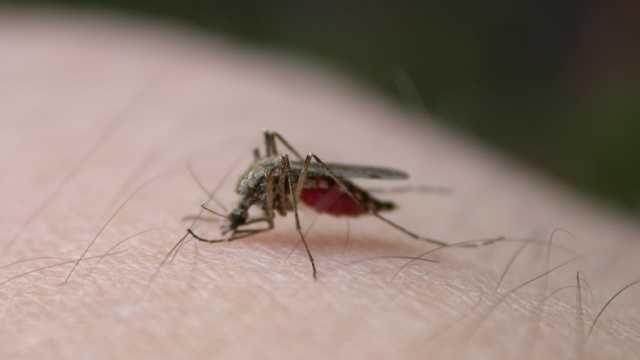Mosquitoes are notorious for spreading diseases such as malaria, dengue fever, and Zika virus. Given their ability to transmit various pathogens, it is natural to wonder whether they can also transmit human immunodeficiency virus (HIV). However, it is essential to understand the scientific facts behind this question to dispel any misconceptions and provide accurate information. Today, we will explore the truth about whether mosquitoes can transmit HIV.
Understanding HIV Transmission
HIV is primarily transmitted through specific bodily fluids, including blood, semen, vaginal fluids, and breast milk. The most common modes of transmission are unprotected sexual intercourse, sharing needles or syringes, and from mother to child during childbirth or breastfeeding. HIV cannot be transmitted through casual contact, hugging, kissing, sharing utensils, or through the air we breathe.
Why Mosquitoes Cannot Transmit HIV
Contrary to some misconceptions, mosquitoes do not transmit HIV. There are several reasons why mosquitoes are incapable of spreading this particular virus:
-
Biological Incompatibility: Mosquitoes cannot serve as carriers of HIV due to biological factors. Unlike malaria or dengue, which can reproduce and multiply inside mosquitoes, HIV cannot complete its life cycle within these insects. When a mosquito ingests blood containing HIV, the virus is treated as nourishment and digested together with the blood meal.The virus is unable to survive and replicate in mosquitoes, rendering them ineffective in transmitting HIV.
-
Lack of Virus in Mosquitoes: Even if a mosquito feeds on an HIV-positive individual, the virus does not multiply or accumulate in the mosquito's body. HIV does not survive in the mosquito's digestive system or salivary glands, which are crucial for transmitting diseases to new hosts.
-
Fragility of the Virus: HIV is an extremely fragile virus that cannot withstand the environmental conditions within a mosquito. Factors such as temperature, pH levels, and digestive enzymes in the mosquito's gut quickly inactivate and destroy the virus, making it incapable of transmission.
Accurate Modes of HIV Transmission
To emphasize the modes of HIV transmission that individuals should be mindful of, it is essential to reiterate the primary means through which HIV can be contracted:
-
Unprotected Sexual Intercourse: Engaging in unprotected vaginal, anal, or oral sex with an infected partner poses the highest risk of HIV transmission.
-
Sharing Needles or Syringes: Sharing contaminated needles or syringes, commonly associated with intravenous drug use, is another significant mode of HIV transmission.
-
Mother-to-Child Transmission: HIV can be passed from an infected mother to her child during childbirth or through breastfeeding. However, with proper medical care and interventions, the risk of transmission from mother to child can be significantly reduced.
If you are still worries about mosquitoes, there are several effective ways to kill mosquitoes in your own backyard. Here are a few methods:
-
Insecticides: Using mosquito-specific insecticides can help eliminate mosquitoes in targeted areas. Indoor sprays, outdoor foggers, and insecticide-treated bed nets are some examples of effective insecticide-based solutions.
-
Mosquito Traps: Mosquito traps attract and trap mosquitoes using a combination of light, heat, carbon dioxide, and other attractants. These traps can be placed outdoors to reduce mosquito populations in specific areas.
-
Source Reduction: Mosquitoes breed in standing water, so eliminating stagnant water sources around your home can prevent them from reproducing. Regularly emptying and cleaning water containers, unclogging gutters, and ensuring proper drainage can significantly reduce mosquito breeding sites.
It is important to dispel the misconception that mosquitoes can transmit HIV. While mosquitoes are vectors for numerous diseases, HIV transmission requires direct contact with infected bodily fluids. Understanding the accurate modes of HIV transmission is crucial for prevention and for dispelling fear and stigma surrounding the virus. By promoting accurate information, we can ensure that individuals are well-informed and take the necessary precautions to protect themselves and others from HIV transmission.











